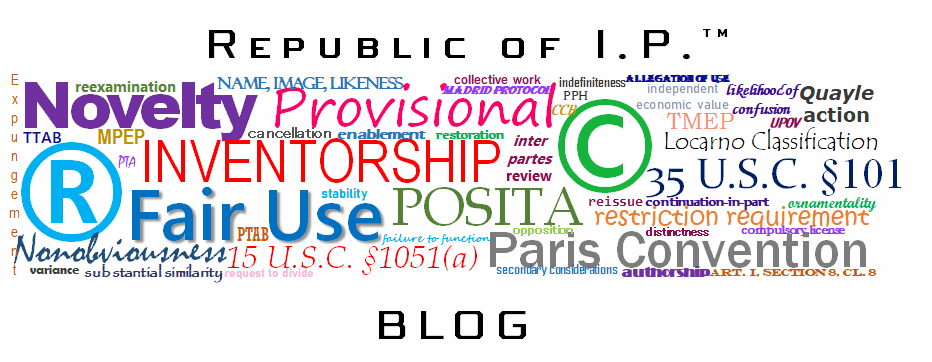SCOTUS Grants Certiorari on Appointments Clause Issue
In its orders of October 13, 2020, the U.S. Supreme Court granted petitions for writ of certiorari to three cases involving Arthrex, Inc., dealing with the constitutionality of the PTAB’s judges:...

